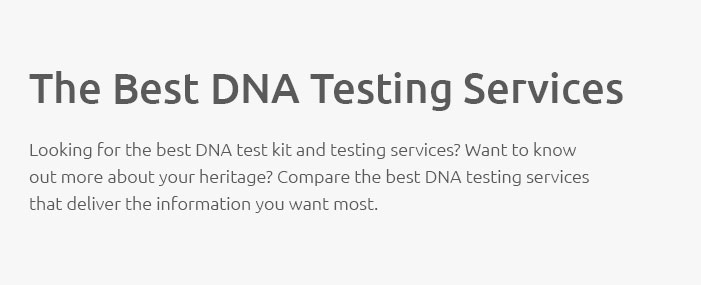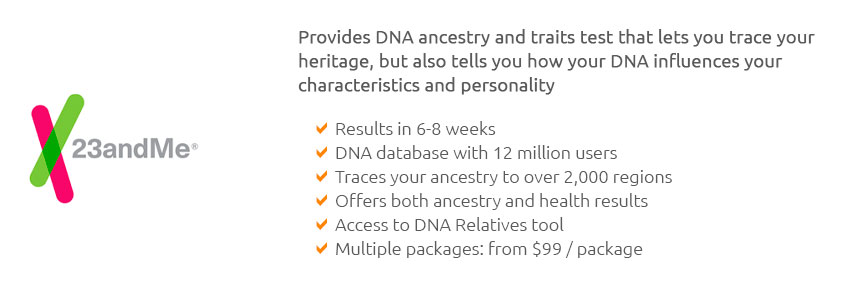 |
 |
 |
|---|
 |
 |
|---|
 |
|
|---|---|
 |
 |
 |
 |
 |
 |
 |
 |
 |
 |
 |
 |
 |
 |
 |
 |
|---|
The Evolution of Ancestry DNA Testing: Tracing Back to Its InceptionIn the contemporary landscape of genealogy, the advent of DNA testing has revolutionized the way we perceive our ancestral roots, yet many are curious about when this transformative journey began. The story of ancestry DNA testing unfolds against the backdrop of scientific advancements and a growing public interest in personal heritage. To understand the inception of this fascinating tool, one must first appreciate the broader context of genetic research. The origins of DNA testing for ancestry can be traced back to the 1980s when the Human Genome Project was launched, marking a pivotal moment in genetic science. However, it wasn't until the late 1990s and early 2000s that commercial DNA testing for ancestry became accessible to the public, thanks to pioneering companies like FamilyTreeDNA, which launched in 2000. This marked the beginning of a new era, where individuals could explore their lineage with unprecedented accuracy. Initially, these tests were relatively basic, offering insights into paternal and maternal lineages through Y-DNA and mtDNA testing, respectively. As technology advanced, so too did the complexity and precision of these tests, allowing for the development of autosomal DNA tests that provide a more comprehensive view of one's ancestry. These tests have become increasingly sophisticated, capable of identifying ethnic backgrounds, locating distant relatives, and even offering health-related insights. The rise of companies like AncestryDNA and 23andMe in the mid-2000s further popularized DNA testing for ancestry, making it a household concept. One could argue that the widespread adoption of DNA testing for genealogical purposes reflects a deep-seated human curiosity about our origins and a desire to connect with our past.
In conclusion, the journey of ancestry DNA testing from its nascent stages to its current status as a ubiquitous tool reflects a remarkable intersection of science and personal exploration. As the technology continues to evolve, it holds the promise of unveiling even deeper insights into our shared human story. While some may view these tests with skepticism, for many, they offer a tangible connection to the past and a richer understanding of their identity. As we look to the future, it is clear that the legacy of ancestry DNA testing will continue to shape the way we understand our place in the world. https://www.ancestry.com/corporate/about-ancestry/our-story
1983. Ancestry Publishing is founded, publishing over 40 family history magazine titles and genealogy reference books. - 1990. As genealogists begin to use ... https://www.ancestry.com/corporate/newsroom/press-releases/ancestrycom-launches-new-ancestrydna-service-next-generation-dna-science-0
These surveys were conducted online within the United States by Harris Interactive on behalf of Ancestry.com from March 13-15, 2012, among 2,211 ... https://isogg.org/wiki/AncestryDNA
Ancestry announced the launch of its new autosomal DNA testing service on 3 May 2012. The Ancestry autosomal DNA test was initially restricted to US residents.
|
|---|